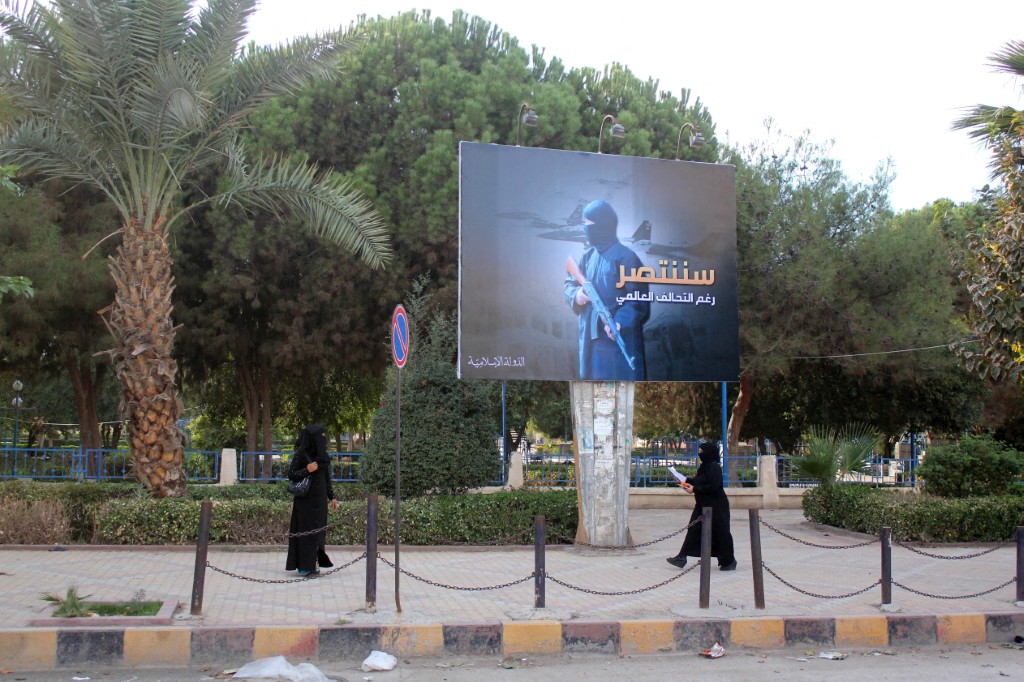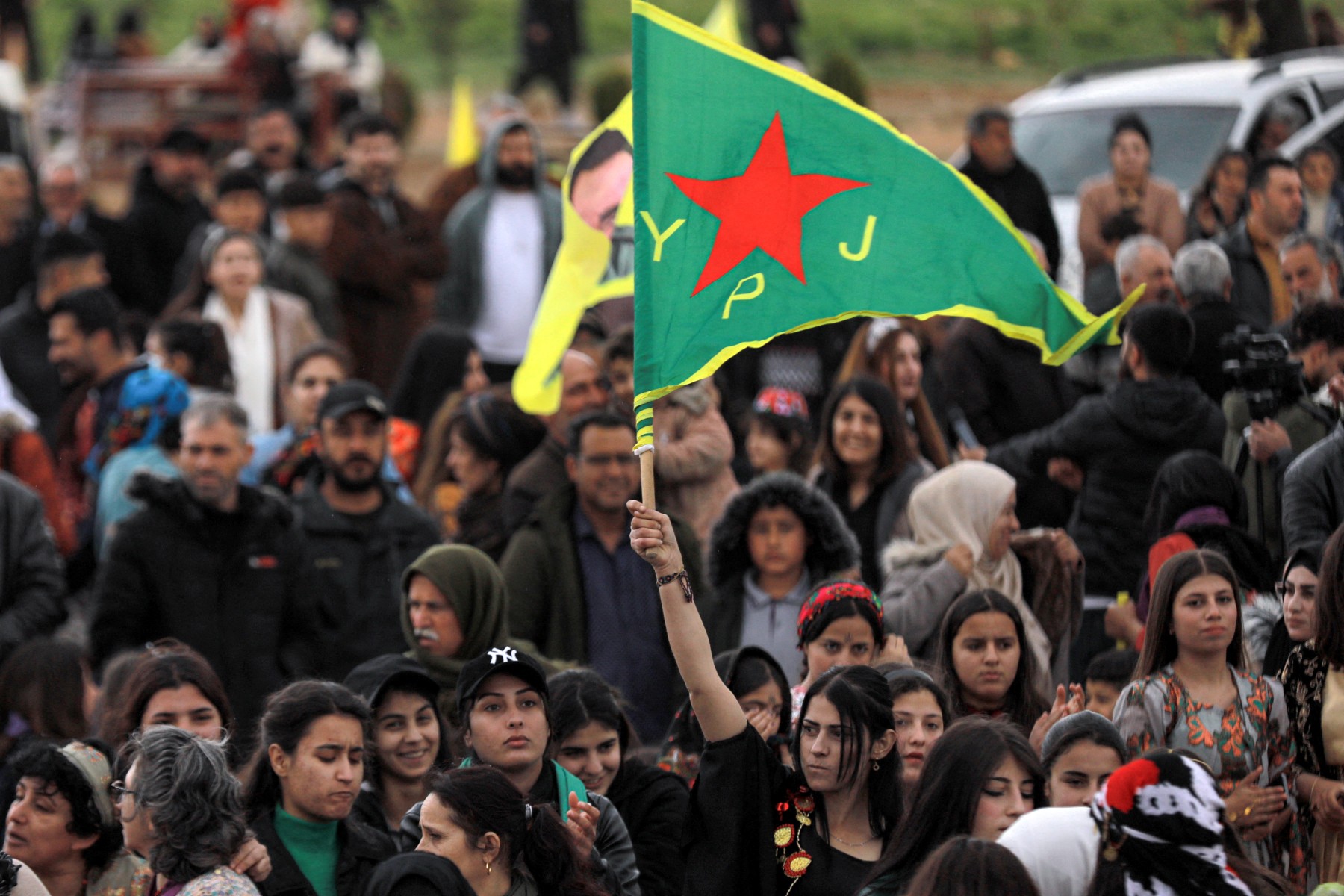The Voice of a Revolution: Emel Mathlouthi on Music, Freedom, and Solidarity
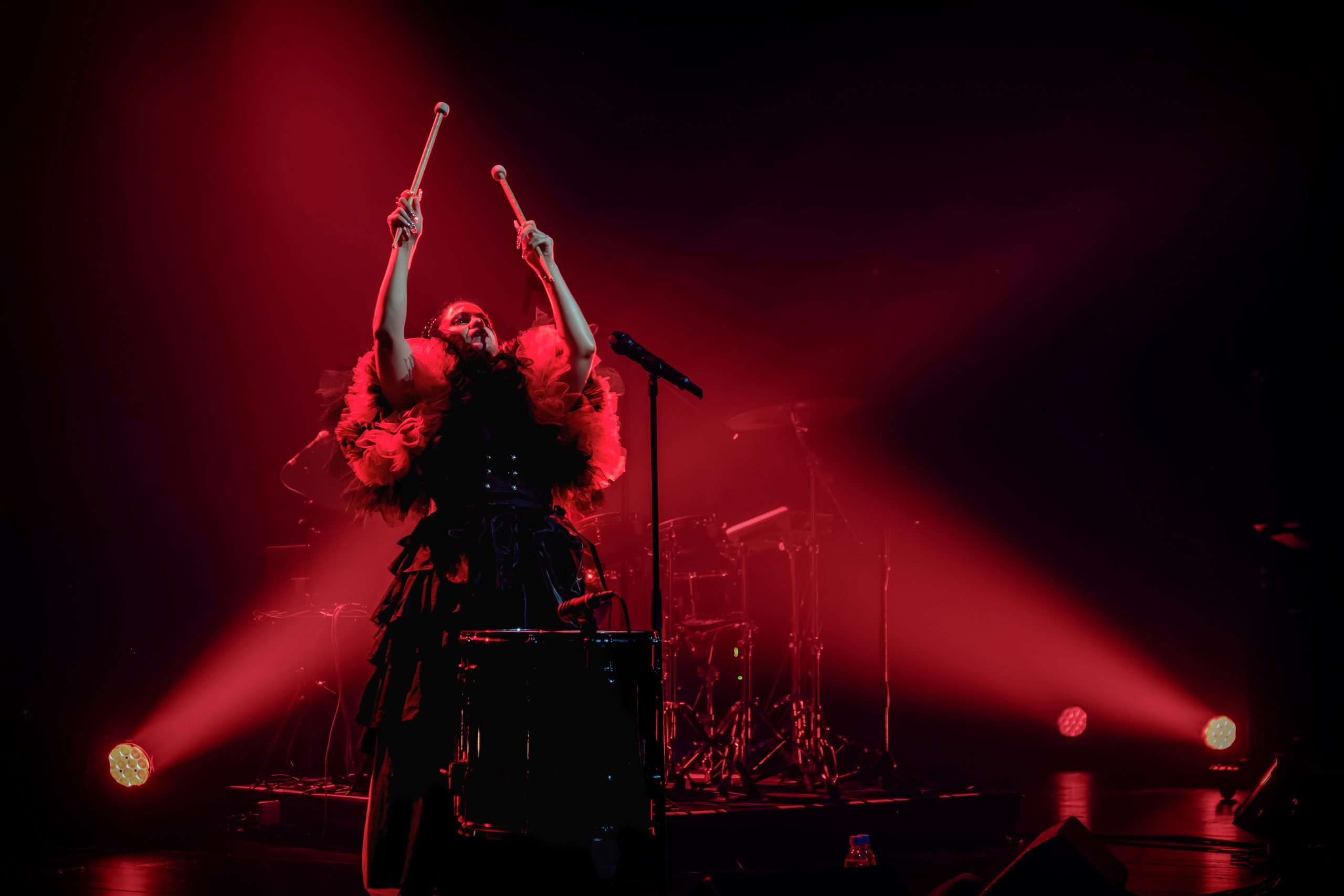
Her voice became an anthem of the Arab Spring, a symbol of defiance and hope. But for Tunisian artist Emel Mathlouthi, the fight for freedom is a universal one, connecting struggles from North Africa to Kurdistan. She describes her music as a mission—a tool to break chains and build bridges.
In a wide-ranging conversation with Rebaz Majeed for The Amargi, Mathlouthi discusses her unconventional path from singing Celine Dion to fronting a metal band, the emotional weight of becoming a revolutionary icon, and why she stands in unwavering solidarity with the Kurdish cause. For her, looking the other way is not an option.
Let us start with your musical evolution. You were originally trained in classical music, but your work is now a fusion of experimental, North African, and electronic sounds. Can you walk us through the key phases of your journey?
Actually, I did not have formal training in anything. Mainly, I trained in singing with the heart. My first passion was singing Celine Dion’s songs. This gave me good vocal training because she has a powerful voice and great technique. That was my first vocal training, and I don’t think I ever needed any other training after that.
I was proud to feel that I was on the right side of history, and that I had been right to believe, from day one, in the power of music to unite people.
Later on, I wanted to start breaking chains, and that was when I started a metal band. We played metal songs and covers, and I very quickly decided that this image was more suitable for me than that of the Arab diva singer. I wanted to break the rules, I wanted to do things that are different. Metal and rock music are already seen as controversial—they are a world for rebels. And so, that was my first step towards doing something with a different edge.
Then I started falling in love with the music of the protest movements of the 1960s and 70s in the United States and Latin America. I think that this is where my personality formed. I was trying to use my strength—my ability to sing, write songs, and perform—to do something useful for the world.
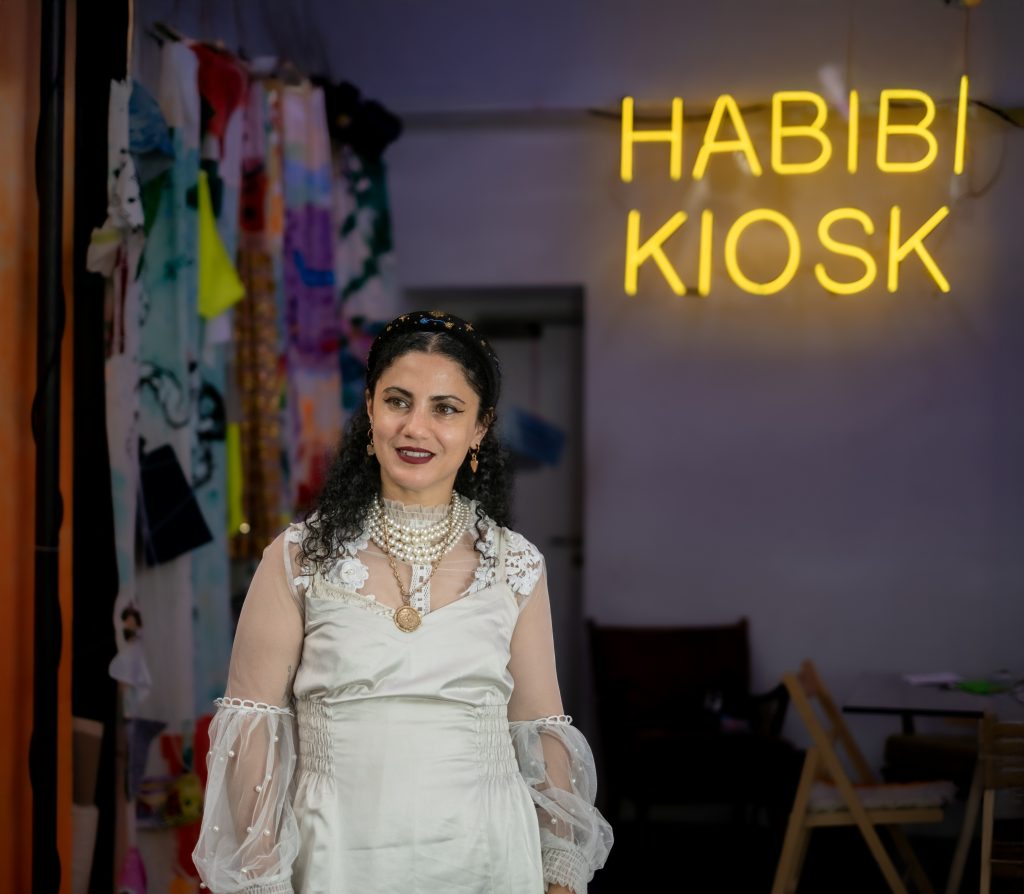
Your song, Kelmti Horra (My Word is Free), became the anthem of the Arab Spring. How did you feel personally, knowing that one of your songs carried such big, collective emotional weight during those intense times?
I was very happy. I was like, “About time!” I am happy for this recognition because such songs and messages deserve it. I was proud to feel that I was on the right side of history, and that I had been right to believe, from day one, in the power of music to unite people. We should have power. We are powerful. We should be able to decide our own futures and lives—and not just live under rulers who do not care about us, our ideas, or our beauty.
On that note, do you think artists should take responsibility and be vocal against injustice? Or is that a personal choice?
This is always a difficult question. I do defend freedom, but I cannot decide that all artists must do the same. I think there is space for everyone, but art is important, especially in times like this. As an artist, I feel completely incapable of looking the other way. We all want to live fully and enjoy our lives, but this has to be a universal condition. To me, none of us can be completely happy if someone else is not. And we are not just talking about happiness here; there are grave injustices, with people going through genocide and famine, while others live in luxury. Unless we end those inequalities and build a completely just and fair world for everyone, we cannot look the other way. I am on a mission. We must be on a mission.
“I think that Kurdish music is among the most beautiful music of humanity”
Your music resonates with many causes, including those of Kurds, Palestinians, and Iranians. Where do you see common threads?
I think our strength is our common goal. We are all seeking freedom. All the people you mentioned are simply struggling for freedom. It is as basic as that: to live with freedom and dignity. When we are isolated, we can never achieve what we desire. Our strength lies in our ability to come together. The Palestinian cause, the Black struggle, indigenous peoples’ movements—from Palestine to North America, they are connected in many ways. I am from a previously colonized country. I know what it is like to grow up under remnants of colonization that eventually give birth to dictatorship. It is always that same battle between good and evil. And we cannot win unless we unite.
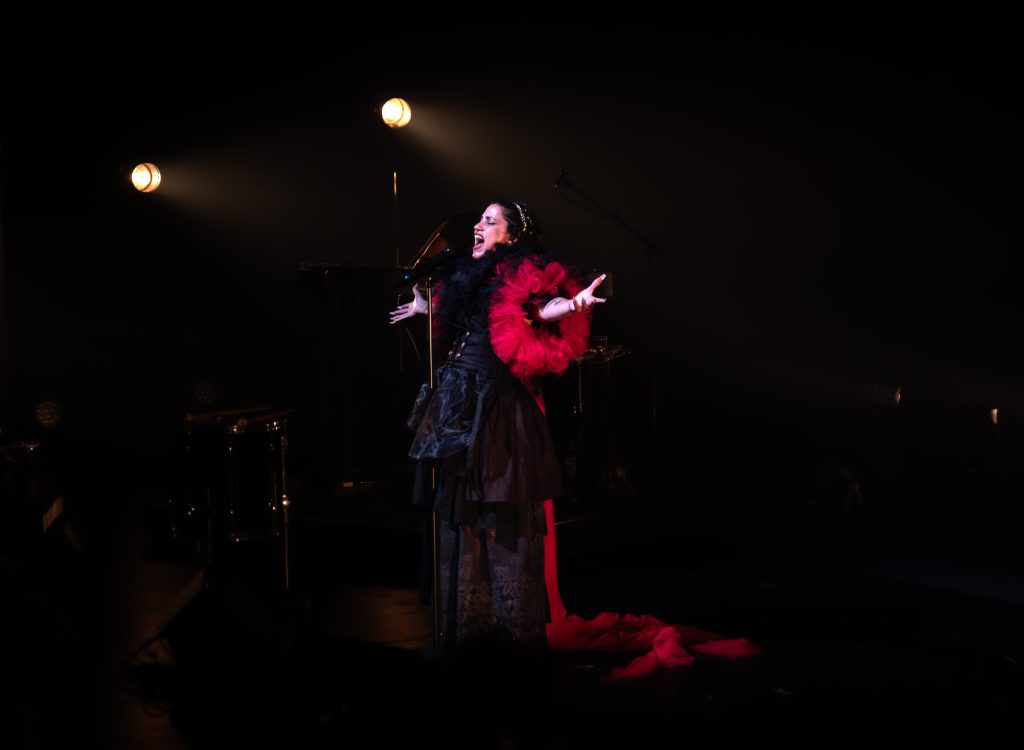
Earlier this year, you were on stage in Amed (Diyarbakir) in Kurdistan, for the Newroz celebration, in front of nearly one million people. What moved you to sing in Kurdish, too?
I think that Kurdish music is among the most beautiful music of humanity. I truly believe this. I love the rhythms, the melodies, the voices, the way the music is written. There is something in it that resonates deeply with me. So even before I had any knowledge about Kurds or their culture, I fell in love with Kurdish music.
It was not an easy decision for you to go to Amed, and you faced pressure from various sides. Can you talk about that, and the censorship you have faced in your career?
My path has been impacted by a lot of censorship. I was so opposed to dictatorship that I never realized just how much censorship had been a part of my journey. At the end of the day, it is just music. Why does it have to be so difficult? That is what I thought when I first got the invitation to sing at Newroz. I had not yet realized that Kurdish Newroz carried such profound meaning. I do not understand why anyone would see hatred in celebrating an entire history and culture.
When I was at the hotel, managing all this pressure, I thought: the one thing I do not want in my life is to live in fear. So, maybe some bad things will happen to me if I perform, or maybe not, but I never want to live in fear. I want to sing for these people who like my music and who have been supporting me. To me, this is about celebration, beauty, and music. I am so happy that I went because it was one of the most beautiful experiences in my life.
I think what keeps me hopeful is the relationships that we create with other people
What are you working on now? Are there any new musical directions you want to explore?
My last album was the first 100% woman-made album, and I am already starting to think of my next one. I want to reconnect with my Tunisian roots. I want this album to be a tribute to Tunisia from the 1900s to the 1950s, a time shaped by beautiful musical movements and powerful artistry. I want to explore these and find connections between who I was, who I am, and where I am trying to go.
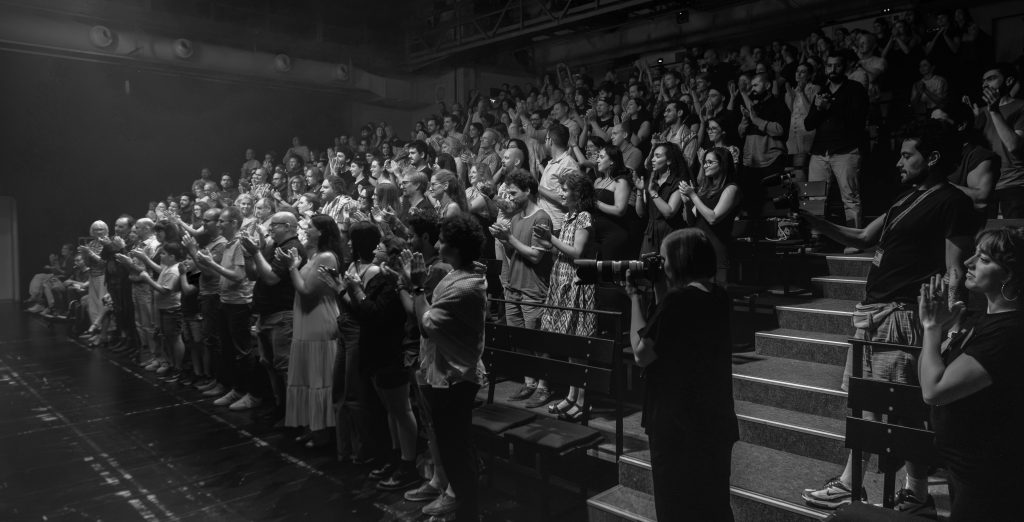
Your name, Emel, means “hope” in Arabic. In a world where so many terrible things are happening, what keeps you hopeful?
I think what keeps me hopeful are the relationships that we create with other people, whether artistic or musical, whether love, friendship, or other beautiful encounters. That is what animates me the most because I am very passionate about the world’s heritage, culture, music, and art. I want to explore as much of it as possible and, meanwhile, interact with different people in the world.
Rebaz Majeed
Rebaz Majeed is a Kurdish journalist, researcher, and photographer based in Berlin whose work bridges conflict reporting, academic inquiry, and digital fact-checking. He has covered politics, migration, and security in Iraq and the Kurdistan Region for Voice of America, and later worked with Lead Stories as TikTok’s fact-checking partner for the MENA region, specializing in misinformation and digital verification. His research has explored gender, violence, and political dynamics in Iraq. A polyglot journalist, Rebaz holds a BA in International Studies from AUIS and an MA in Interdisciplinary Studies of the Middle East from Freie Universität Berlin.

